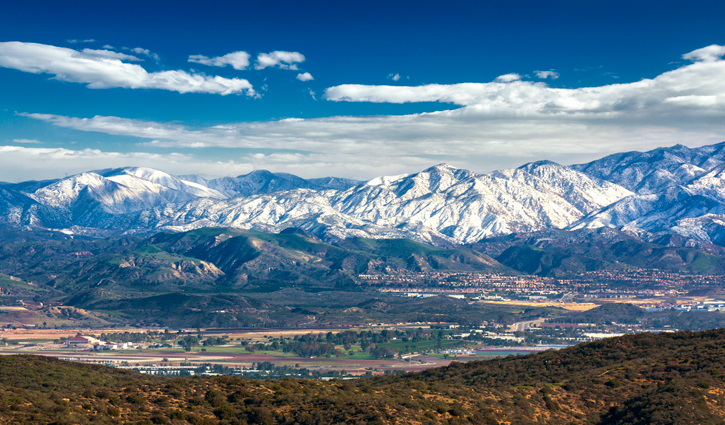-
Published: Jan 13, 2015 | 09:00 AM
A Little Bit of Rain is Just a Drop in the Bucket
Much-need rain has fallen in the area recently, but that does not signal the end of the drought. It will take more than one storm dropping one to two inches of rain on the area to clear up three years and nine months of extreme drought.
Recent storms are quite literally a drop in the bucket when it comes to solving the state’s water issues. Experts say that dry, thirsty soil, which had been deprived of water for so long, blotted up the rain like a sponge, not allowing enough moisture to percolate and recharge groundwater basins.
The state Department of Water Resources states that October 2013 through September 2014 has been one of the driest years in decades. California heavily depends on the Sierra snowpack for its water supply. DWR conducts snow surveys and the first four conducted in early 2014 found a water equivalent far below average for the dates of the surveys. Rainfall is measured at eight stations in the northern part of the state where the rivers feed into the State Water Project.
Electronic readings from those Northern California stations showed that precipitation was only 60 percent of normal for late April, even though there were a few storms in February and March. The electronic readings for San Joaquin stations show less than 50 percent of normal from October 1, 2013, to late May 2014.
So how long will it take to recover from the drought? There are no hard and fast numbers, according to DWR. An exceptionally wet year would be needed, but it looks unlikely, according to DWR.



